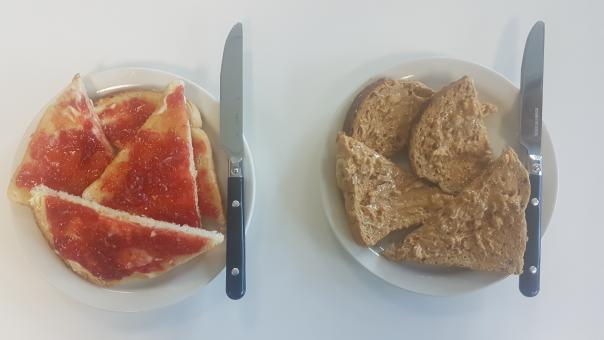
By ‘refocusing our attention on the quality of calories eaten,’ BNF hopes the initiative will help consumers ‘achieve a balanced and nutritionally rich diet.’
As such, it looks at the quality of diets and number of calories in certain foods, offering simple swap suggestions for everyday life that will help improve the nutritional quality of diets ‘for the same of fewer calories.’
For example, it suggests:
Swapping a bowl of chocolate flavoured cereal with a bowl of porridge with semi-skimmed/skimmed milk and slice banana. This, it says, will provide more B vitamins, potassium, wholegrains and less free sugars.
Developed by the nutrition science team at BNF, nutrition science manager Avela Spiro said: “We know that as a nation we are consuming too many calories.
“In order to help battle the obesity crisis, it is, of course, important to be aware of the calories we eat and drink, but we also need to be mindful of the nutritional quality.
“We need to think about both the quantity and quality of calories, which is why we have combined both in the QC concept. We would like people to look to make better choices and think ‘how can I QC this?’ or ‘has this been QC’d?”
However, it does warn that QC isn’t just about limiting calorie intake. The quality of calories consumed is also important (avocado and nuts, for example, are high in kcals.)
Spiro continued: “If we only think about calories as numbers, then we might choose to avoid foods that are relatively high in calories but also have a high nutritional value like nuts and seeds, oily fish and olive or rapeseed oil – all of which are included as part of healthy dietary patterns.”
“It is also important to think about portion size for controlling calorie intake to support weight management, and so consumers need to remember to QC in moderation.
“There are simple ways that people looking to manage their weight can do this. For example, keep the number of nuts to a handful or use a spoon to measure out spreads or oils.”